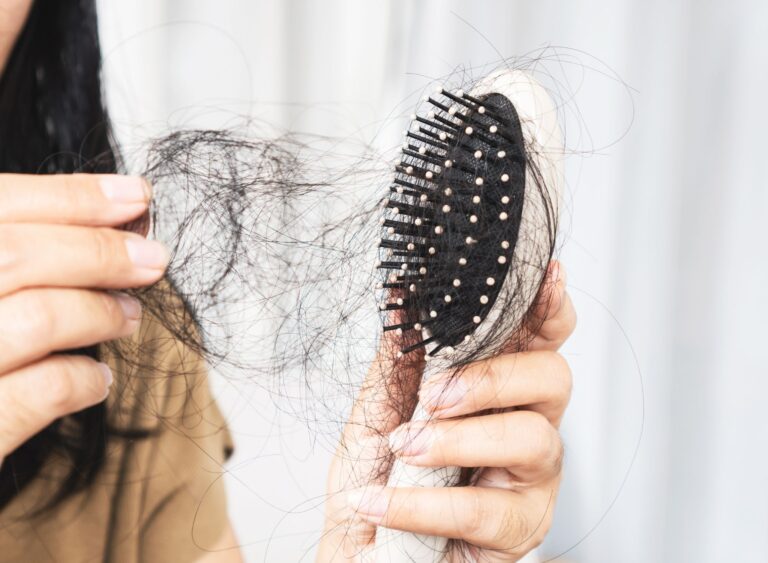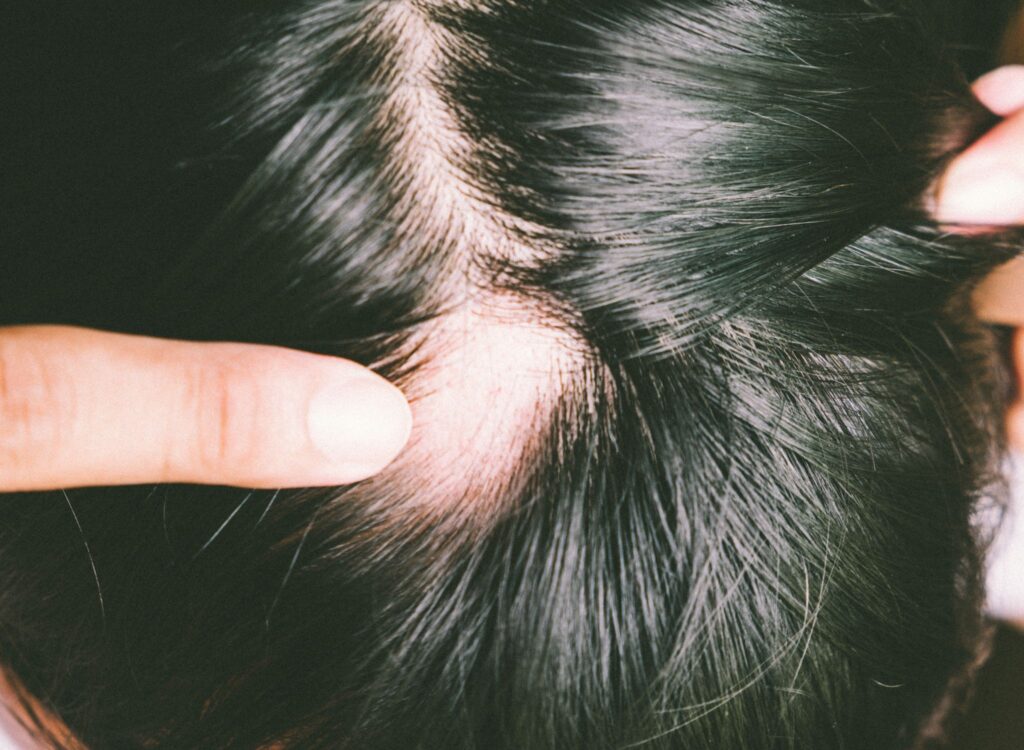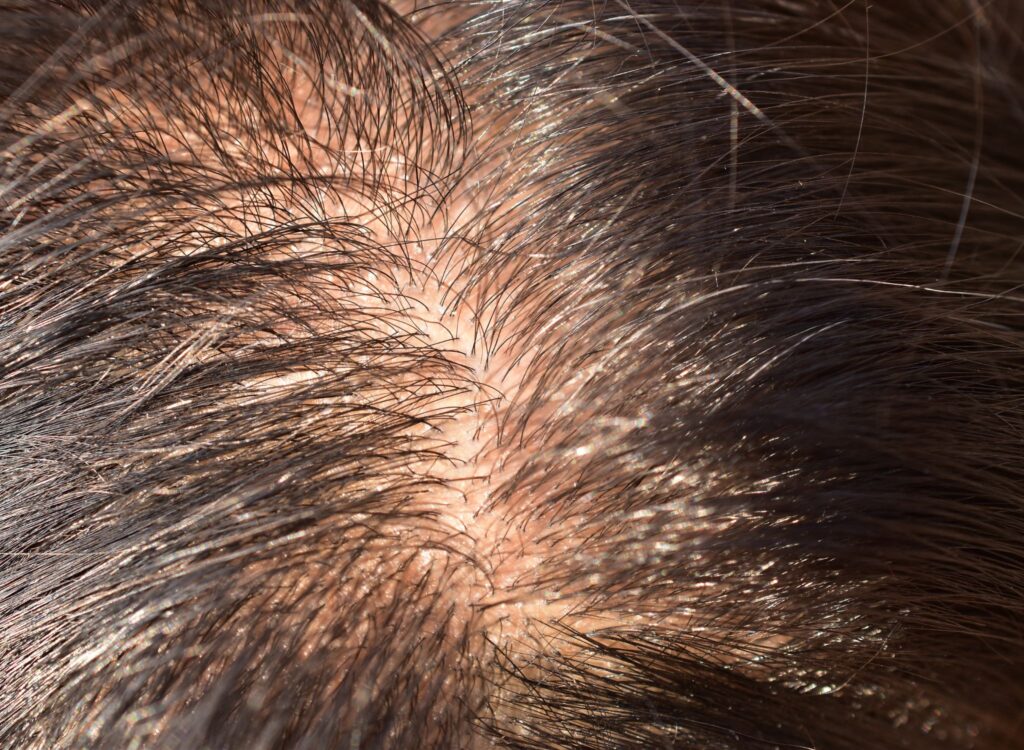
Alopecia-Hair Fall & Hair Loss
Alopecia is a condition characterized by hair loss, often resulting in bald patches on the scalp or other parts of the body. It can be caused by various factors, including genetics, autoimmune disorders, and stress. Alopecia can affect people of all ages and genders, leading to emotional distress and self-esteem issues.








